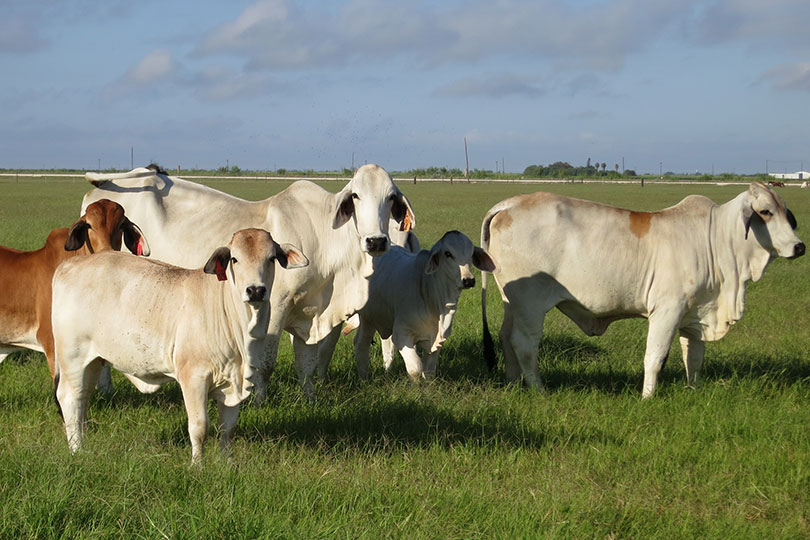Ranchers may soon have a better secured option for selling their livestock with a dealer trust.
The Securing All Livestock Equitably (SALE) Act (S 3419 and HR 6067) was introduced to establish a Dealer Statutory Trust. It’s a practical solution to a problem facing livestock producers and markets across the United States, according to the Livestock Marketing Association (LMA).
HR 6067 is included in the Health and Economic Recovery Omnibus Emergency Solutions (HEROES) Act, and the American Farm Bureau Federation (AFBF) is among several livestock groups advocating for similar language to be included in a companion bill from the Senate.
A Dealer Statutory Trust would correct unfairness in current law for ranchers. It would give unpaid sellers of livestock the legal right to reclaim livestock or, if they have been resold, proceeds from livestock in the unfortunate event of a livestock dealer payment default.
Under current law, farmers, ranchers and livestock auctions have been devastated when livestock dealers default on payment.
A U.S. Department of Agriculture (USDA) feasibility study and report shows there were more than 80 dealer defaults from October 2013 to June 2019.
“While this is an issue that we’ve had going on in our industry for a while now, the more volatile the market becomes and the more price swings we have, the more we are going to see ranchers end up in situations where they aren’t paid for their livestock,” Chelsea Good, vice president of Government and Industry Affairs for LMA, said.
Creation of a dealer trust is supported by the livestock industry, including AFBF, American Sheep Industry Association, LMA, National Cattlemen’s Beef Association and U.S. Cattlemen’s Association.
AFBF policy supports amending the Packers and Stockyard Act to include a dealer trust provision that gives first priority to unpaid sellers of livestock in the event of a dealer default.
“Livestock markets are required to pay sellers by the end of the next business day for cattle sold through the sale ring. Oftentimes, that’s before a dealer’s check has cleared on those cattle, which means the markets themselves end up paying for the cattle if a dealer defaults,” Laramie Adams, Texas Farm Bureau national legislative director, said. “When a dealer buys cattle directly off the farm and doesn’t pay, the rancher is out the money and often can’t get the cattle back.”
A dealer trust would provide recovery in addition to the current USDA required bonds. It would not create a separate pool of funds or mandate changes in day-to-day business. Livestock sellers will have a legal, priority standing to regain their livestock or the proceeds of their sale from a dealer.
“Defaulting of dealer payment means trouble for an industry already strained by low prices,” Adams said. “A dealer trust would also have the added benefit of protecting livestock sellers from preferential transfer claims in bankruptcy. These potentially devastating claims arise when a bankruptcy trustee seeks to pull back 90 days’ worth of past payments made by a now bankrupt dealer.”
Congress directed USDA to evaluate the feasibility of enacting a Dealer Statutory Trust as part of the 2018 Farm Bill.
The USDA study was released in December 2019 and states a Dealer Statutory Trust would improve seller recovery in the event of a dealer default.
The study also found implementation of a Dealer Statutory Trust would not likely have a significant impact on credit availability or lender behavior.

